Marsden discuss: Why it's important to weigh babies
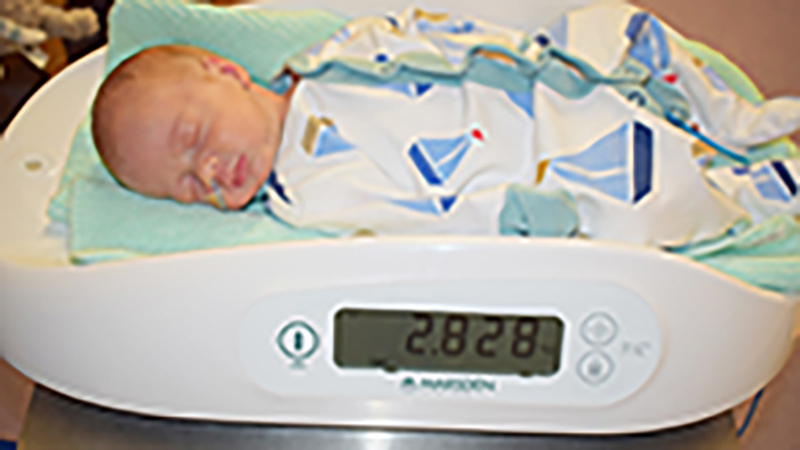
Pictured above: Marsden M-300 Portable Baby Scale.
Since being introduced in the early twentieth century – weight checks of babies and infants has been a fundamental part of monitoring growth.
After birth, babies lose weight, but by the time they are a fortnight old, most babies will have regained their birth weight.
Weighing the baby is important because should the baby fail to meet these norms, it can reflect problems with the baby’s health – and so is a fundamental part of diagnosis.
What can be spotted by baby weighing?
When the baby is weighed at birth – and a low birth weight is diagnosed he/she may be at risk of complications.
Low birth weight can be associated with a premature birth, and it can be difficult to separate between the two if this is the case. In general however: the lower the baby’s birth weight, the greater the risk they will face.
According to the World Health Organisation, babies with a low birth weight have a higher risk of dying in the first 28 days of life.
Common problems of low birth weight babies are:
Low oxygen levels at birth
Inability to maintain body temperature
Difficulty feeding and gaining weight
Infection
Breathing problems
Nearly all low birth weight babies require specialised care in the Neonatal Intensive Care Unit (NICU) – and there’s a 95% chance of survival for babies weighing between 1.6kg and 2.6kg. Find out more at Childrenshospital.org.
How often babies should be weighed
The UK’s paediatricians Coventry Consensus recommendation (1998) states all babies should be weighed at birth, and those who are growing normally should be weighed ‘at immunisation and surveillance contracts’ – giving five weights in their first year.
The NHS adds, that a baby should be weighed a maximum of once a month until they are six months old, once every two months from 6-12 months and after aged one every three months (maximums).
However, if there are concerns over your baby’s health - or you ask for a more frequent assessment – then they can be weighed more often.
Marsden Baby Scales
Whether you're weighing at a hospital or at home, Marsden’s range of baby scales can help you get an accurate assessment of your baby’s weight.
The Marsden M-310 is a great portable option for checking a baby’s weight.
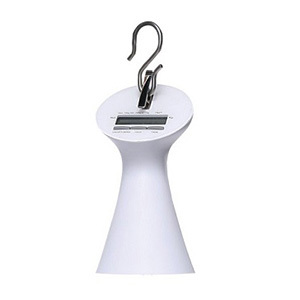
This handheld, battery powered sling 10g-accuracy scale is small and ultra-lightweight – meaning it is a great addition for weighing in the home, as well as in surgeries.
Alternatively, the Class III Approved Marsden M-300 is a lightweight, one-piece, battery powered unit – supplying more than 600 hours of operation.
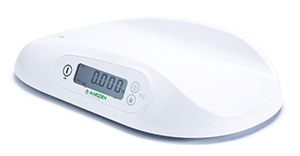
Crucially, for tracking the slightest changes in a baby’s weight, this scale is accurate to 2g. This is the baby scale of choice for health visitors and midwives, as well as lactation consultants.
For babies and toddlers, both the Marsden M-400 and Marsden M-410 have a baby tray that can be removed to reveal a floor scale for toddlers to stand on.
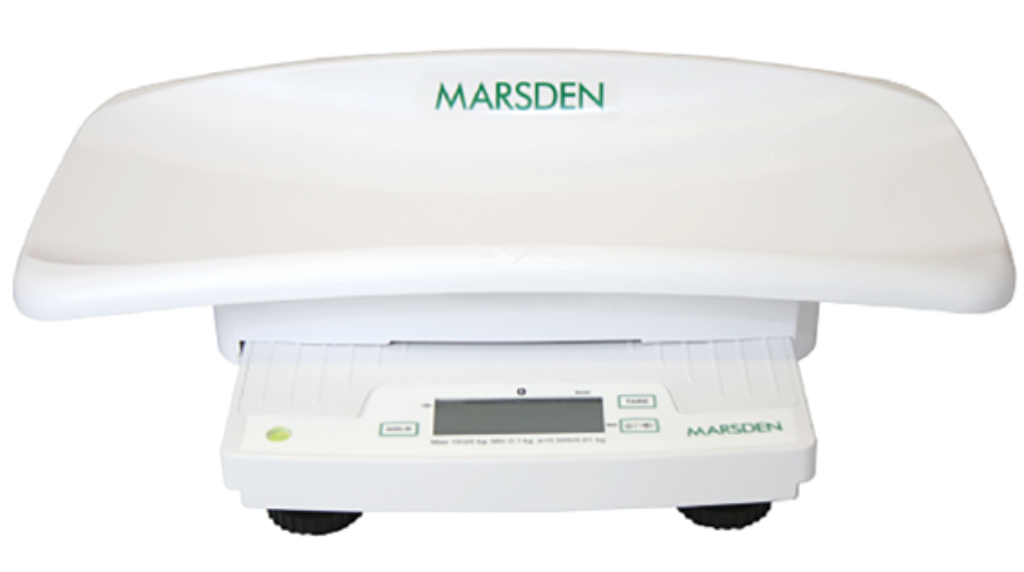
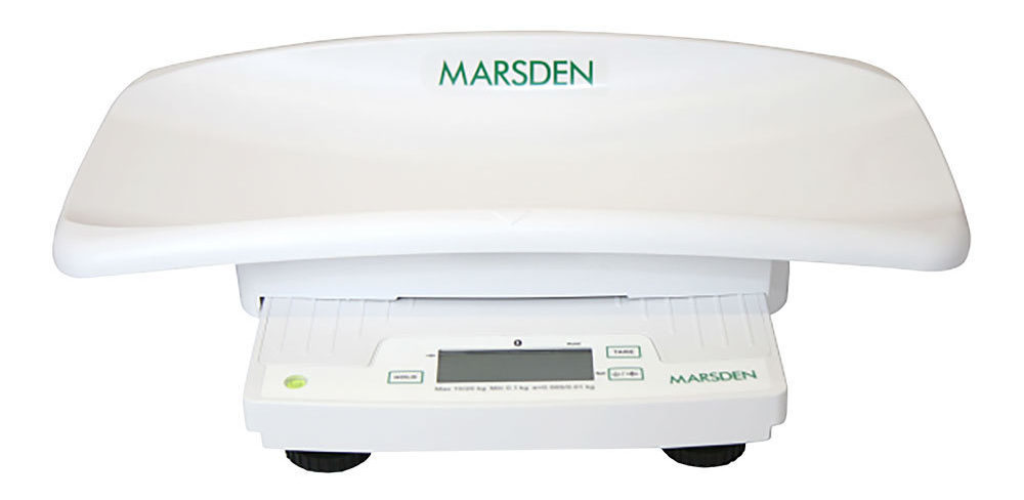
The M-410 has a capacity of 50kg. A version of the M-400 with a baby height rod - the M-400-80D - is also available.
Related Products
You can browse our full range of baby scales, or for more information about any of our scales call 01709 364296 or contact us.